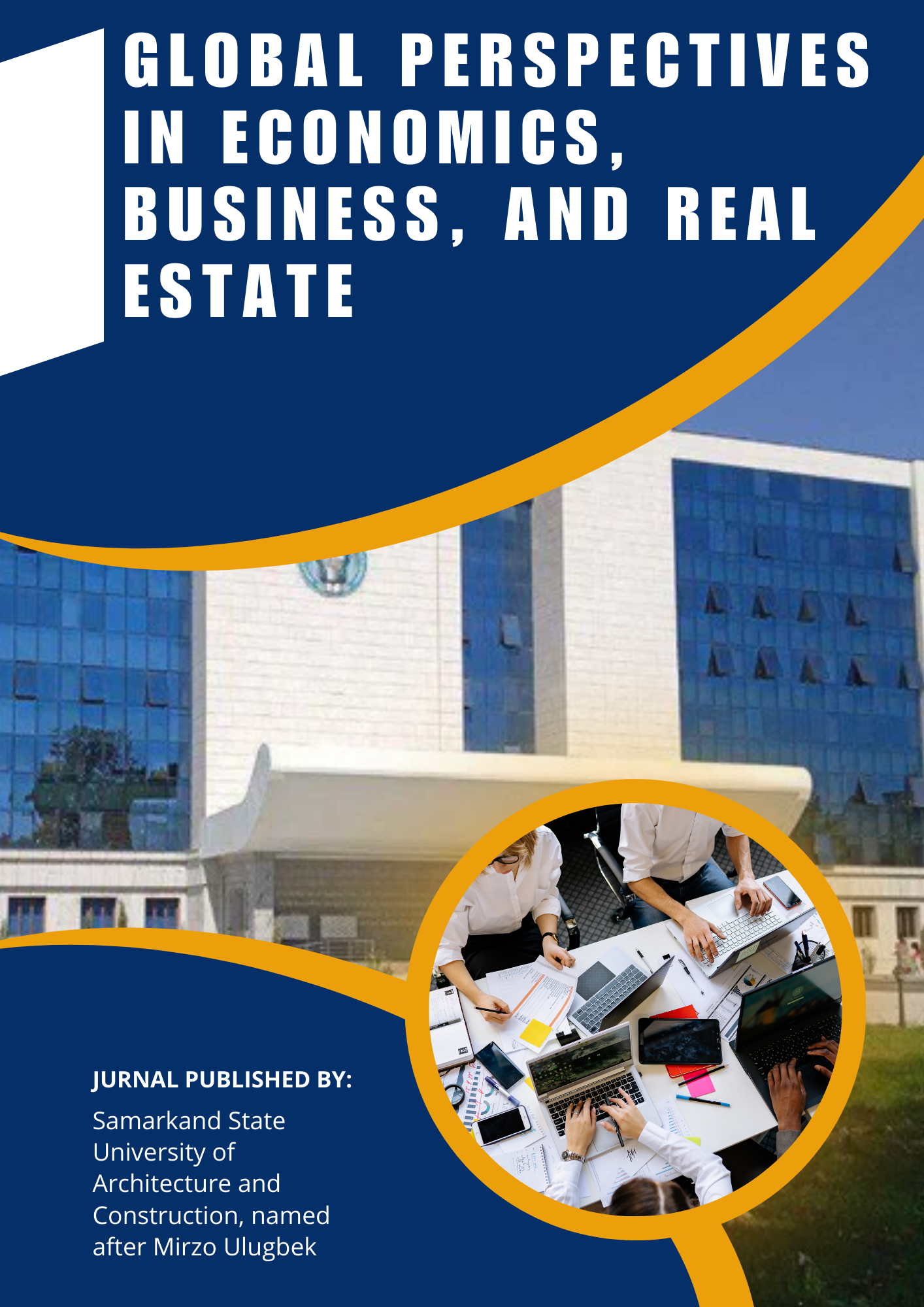Psychological Barriers to Economic Mobility: Learned Helplessness, Self-Efficacy, and Scarcity Mindset
Keywords:
Poverty, Economic mobility, Learned helplessness, Self-Efficacy, Scarcity Mindset, Cognitive Load, Psychological barriers, Poverty alleviation, Decision-making, Empowerment, Socioeconomic Interventions.Abstract
The research now turns to the psychological barriers as to why poverty persists, and through learned helplessness, self-efficacy, and a scarcity mindset, via a mixed-methods approach, it conducted an interview of 200 participants alongside 30 in-depth interviews. Quantitative outcomes showed that high learned helplessness and low self-efficacy, in conjunction with generalized scarcity mindset, strongly related to decreased economic mobility behaviors. On the other hand, qualitative analysis placed a premium on lived experiences of participants about these psychological factors and how they come alive in features of everyday life that make one feel helpless and, therefore, making only short-term choices. These findings suggest that economic interventions, in strategies for poverty alleviation, must address psychological constraints in order to break cycles of poverty and encourage upward mobility. This clearly calls for the need for integrated policies aimed at reducing the psychological and structural dimensions of poverty.

